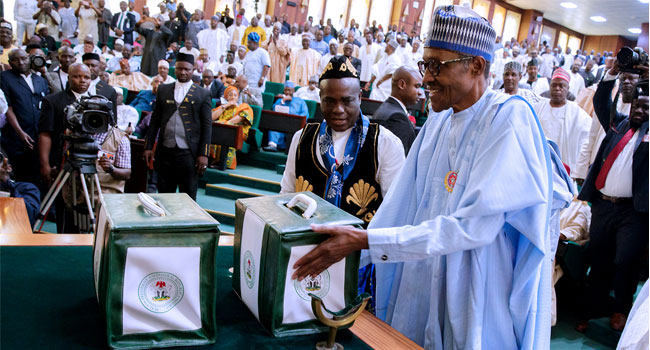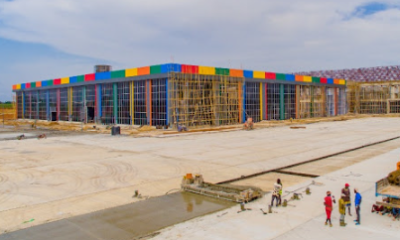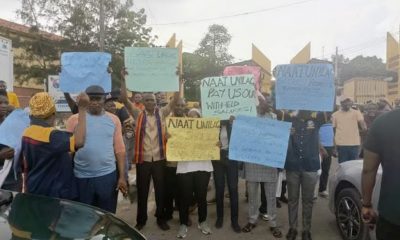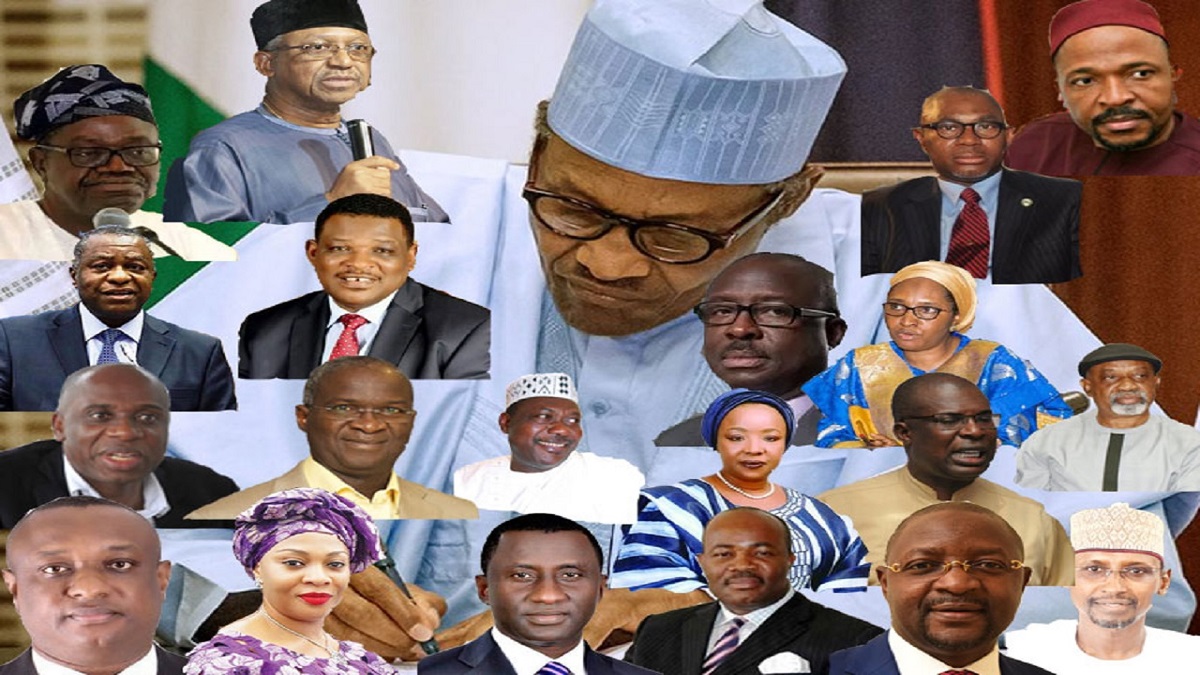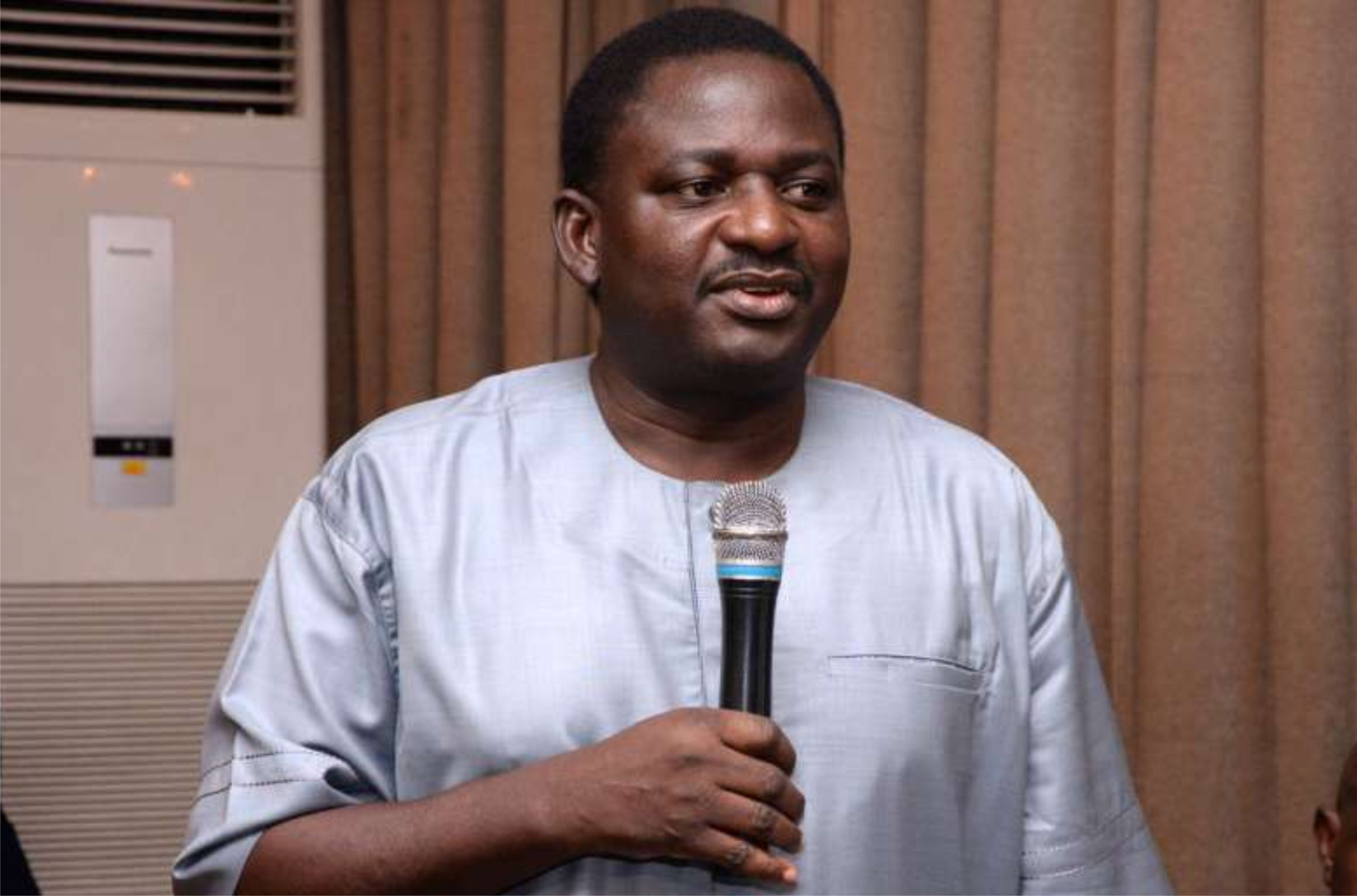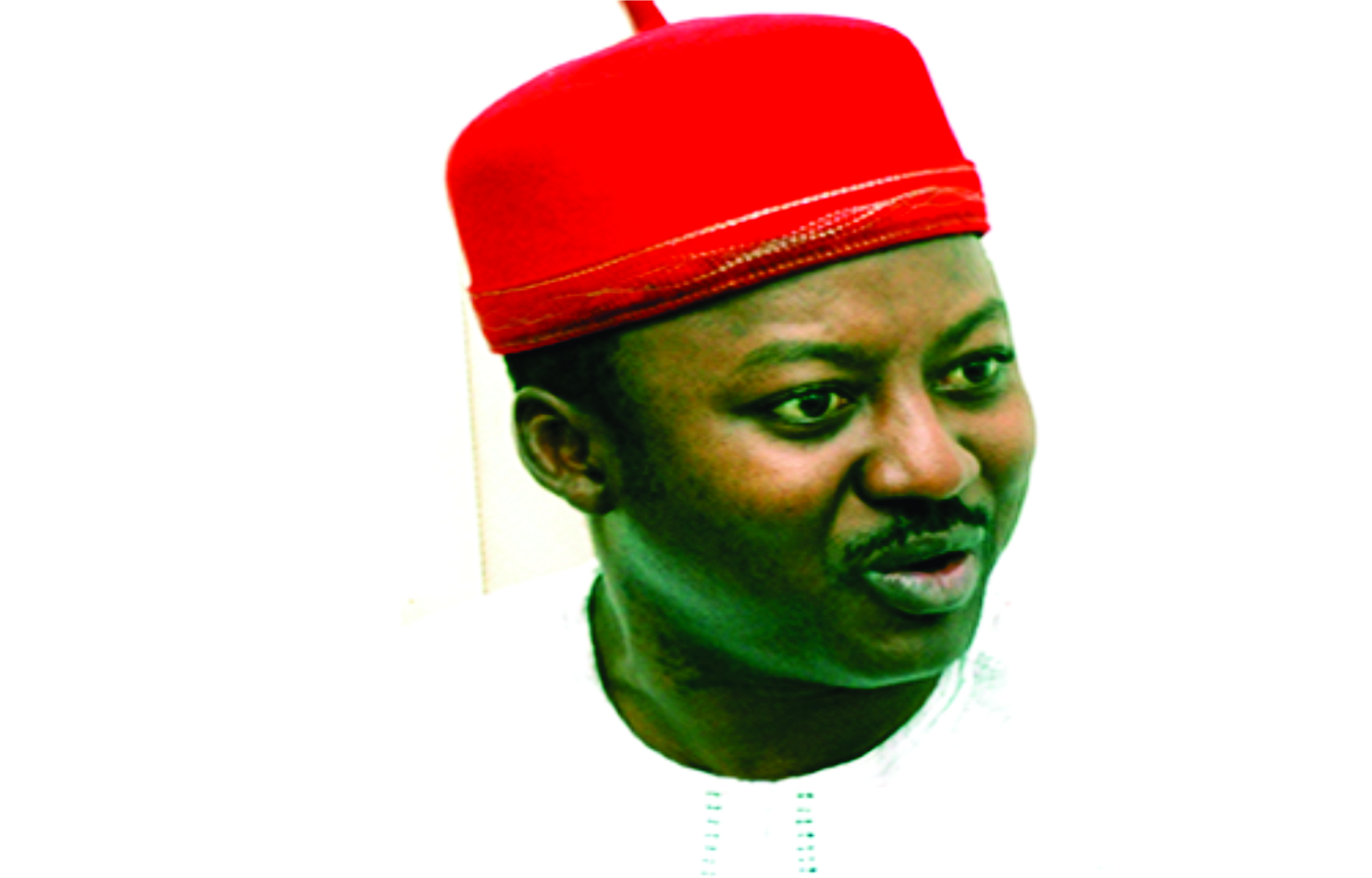Many highlights from President Buhari’s 2018 Budget of N8.6 trillion tagged, Budget of Consolidation, include an oil price benchmark of $45, exchange rate of N305/$1, oil production target of 2.3 million barrels/day, inflation rate of 12.4 percent, and GDP growth of 3.5 percent.
Critics of the administration already regard the budget as another doomed to fail. They cite the 2016 and 2017 budget that were about half way implemented as a reason why they do not see this doing better.
However, with oil price rising again, it might be hard to bet against a success. Nevertheless, we did a quick take on the budget especially for those who don’t have the time to look at the entire details.
Agricultural Development, our way to Food Security:
Agriculture and Rural development is slated to receive N118.98 billion. The President acquiesced the crucial role the food sector offers to the nation and assures investors that smuggling will be frowned upon and unfailingly dealt with. Plans to accelerate the establishment of at least 6 Staple Crop Processing Zones were noted. It also focuses on backward integration for grains, horticulture, livestock, fisheries and sugar; as well as exportable commodities such as cocoa, cassava and oil palms.
ALSO SEE: 2018 budget: A look at its priorities
Health Sector Developments:
Health is wealth and with disease outbreaks in various parts of the country, the Health sector has been allocated N71 billion with hopes to contain the spread and reduce mortality rate as seen in 2017. “To further improve our response to such outbreaks, we are working to upgrade our Integrated Disease Surveillance and Response System. This will further enhance the efficiency of our diagnostic and clinical management processes,” says the President.
Expenditure and its figures:
On Expenditure Estimates, N7 trillion was proposed with Statutory transfers fixed at N419 billion while debt service was N1.66 trillion. Will this debt problem cease? And on Recurrent Expenditure, the payment of salaries and overheads in institutions that provide critical public services as usual took the largest chunk of the appropriation. President Buhari outlined that overhead costs could rise by N26 billion in 2018 which is a modest increase around 12 percent because of inflationary adjustments and that MDAs are expected to follow by the government regulations on cost control.
Improved Tax Administration:
With Nigeria’s Tax to GDP ratio at about 6 percent, the President has proposed that measures will be taken to ensure Nigerians liable to paying tax adhere to the rules and regulations and remit taxes to due authorities. The Voluntary Assets and Income Declaration Scheme (VAIDS), implemented on July 1, 2017, will serve as a compass to monitor taxpayers and keep them by the book.
Increased Investment in Infrastructure:
As infrastructures lay uncompleted, the Budget prioritizes with plans to diligently invest in this sector. Work is expected to continue on abandoned projects and major business roads such as, the Ilorin-Jebba-Mokwa-Birnin-Gwari-Kaduna Road; Oyo-Ogbomosho-Ilorin Road; Gombe-Numan-Yola Road; Kano-Maiduguri Road; Enugu-Port-Harcourt Road; Lagos-Ibadan Dual Carriageway Road, among others.
Other sectors allocated budgets include Power, Works and Housing gulping N555 billion; Transportation, N263 billion; and the three tiers of government to receive 12 percent more revenue in 2018 as opposed to the 2017 budget. Water Resources to receive N95.11 billion; Industry Trade and investment with N82.92 billion; Interior, N63.26 billion; Education with N61.73 billion; and the Niger Delta Ministry with N53.89 billion, hopefully this will end vandalism?
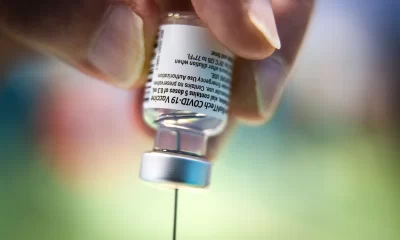
 Health1 week ago
Health1 week ago
 News1 week ago
News1 week ago
 Trends2 days ago
Trends2 days ago
 Latest23 hours ago
Latest23 hours ago
 Health1 week ago
Health1 week ago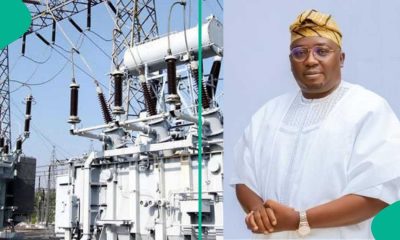
 Business1 week ago
Business1 week ago
 Crime7 days ago
Crime7 days ago
 Crime1 week ago
Crime1 week ago
